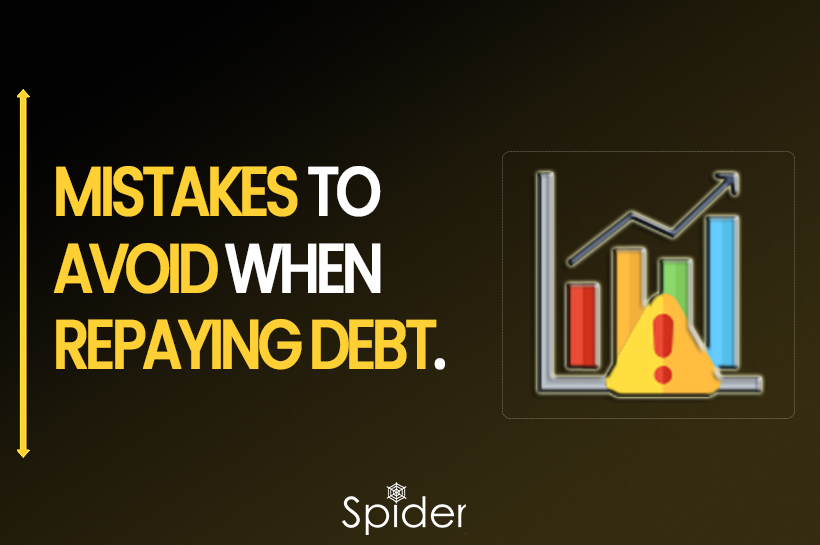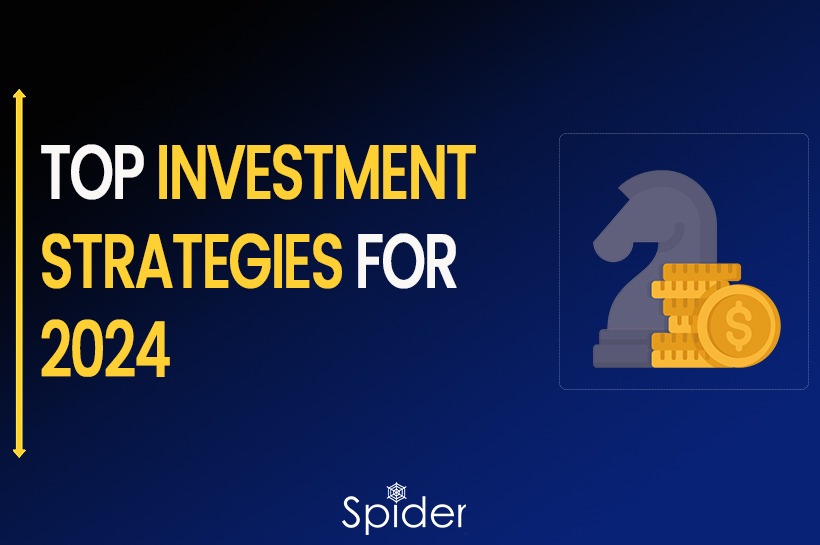When it comes to managing debt, it’s important to stay organized and be mindful of your financial obligations.
Careless mistakes can lead to increased debt and financial stress, making it harder to pay off what you owe. By taking a proactive approach and staying informed about your debt, you can avoid unnecessary expenses and setbacks. Remember that paying off debt is a process that requires patience and persistence, but with a clear plan and consistent effort, you can make progress towards financial freedom.
Not making a budget:
Not creating a budget is definitely a mistake to avoid when paying back debt. A budget is a crucial tool that helps you understand your income and expenses and allocate your resources in a way that prioritizes your debt payments. Without a budget, it can be easy to overspend or overlook bills, leading to missed payments and additional fees. To avoid this mistake, it’s important to create a budget that accurately reflects your income and expenses, and to allocate a portion of your income towards paying off your debt.
Not negotiating with creditors:
Not negotiating with creditors is a mistake to avoid when paying back debt. Creditors want to receive their money and are often willing to work with borrowers to create a repayment plan that is manageable for both parties. By negotiating with creditors, you may be able to lower your interest rates, reduce your monthly payments, or even settle for a lower amount than what you owe. It’s important to reach out to your creditors, explain your situation, and ask if there are any options available to help you repay your debt. By working together, you may find a solution that helps you avoid additional fees and penalties and move closer towards becoming debt-free.
Taking on new debt:
Taking on new debt is another mistake to avoid when paying back debt. Adding new debt while still trying to pay off existing debt will only make the situation worse. New debt means additional monthly payments, interest charges, and fees that will make it harder to pay off your existing debt.
To avoid this mistake, prioritize paying off your existing debt before taking on any new debt. If you need to make a large purchase or take out a loan, carefully consider the impact it will have on your overall debt and budget. It may be worth delaying the purchase or finding alternative ways to finance it, such as saving up or finding a way to earn additional income.
Remember that becoming debt-free is a process that takes time and effort. By avoiding the mistake of taking on new debt and focusing on paying off your existing debt, you can achieve your goal of becoming debt-free faster and with fewer financial challenges.
Making minimum payments:
Making only the minimum payments on your debt is a mistake as it results in paying more interest charges and taking longer to pay off the debt. To avoid this, pay more than the minimum payment each month and focus on the debt with the highest interest rate first to save money on interest charges and pay off your debt faster.
Not checking their credit report:
Not checking your credit report is a mistake to avoid when paying back debt. Errors can negatively impact your credit score, and checking regularly helps you identify inaccuracies or fraudulent activity. By staying on top of your credit history, you can improve your credit score and access better interest rates in the future.






